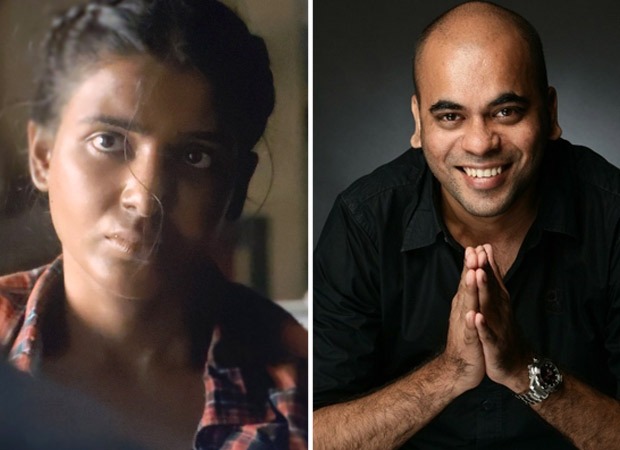After much delay and anticipation, The Family Man 2 was released on June 4 on the streaming platform Amazon Prime Video. Season one of the show which was released in 2019 was a massive success and the makers broke the jinx of season 2 with even greater success. Writer-director Suparn Varma joined The Family Man 2 team in March of 2019 when season one was on the edit table. He worked on the script of the show and even directed five out of the nine episodes of season 2. In an exclusive conversation with Bollywood Hungama, Suparn Varma spoke about the perspective of the show, the tough scenes of the series, and which scenes match the worldview of his, Raj Nidimoru, Krishna DK, and Suman Kumar’s.

Suparn Varma on following the observer’s lens for the series
We live in a world where there are two sides to every story always and it is from which perspective you are seeing the story. I could tell the story from one perspective or the other perspective. If I really truly believe in the kind of issues that the world is dealing with then there are no left and right, there is no black and white. We live in a world of grey where there are nuances. I completely believe in the fact that I would like to put both sides of the coin and let you judge rather than judge it for myself because that is not storytelling. And we are not here to take sides or tell what is good and bad, you decide. We are showing you the world as is.
The scene that represents the worldview of Suparn Varma, Raj Nidimoru, Krishna DK, and Suman Kumar
In episode six, Srikant Tiwari, Milind, and Muthu are seen engaged in a conversation where they discuss why the likes of Raji have immense support from the local people. The scene ends with Srikant Tiwari saying, “Chup chap duty karoge toh medal milega, opinion doge toh paap lagega”. Talking about the scene, Suparn said, “One of my favourite stories I like to narrate is Rambo 3. In Rambo 3, Rambo is fighting the evil Russian with the help of the good Taliban, and that is 1980s cinema. That is a different world, a different time. Today Russians and Taliban roles have reversed. So as the world changes, politics changes, perspectives keep changing and that is what he says, Governments will keep coming and going, we work for a designation, we work for our country. We are not working for a party. Our nation comes first. End of the day that is what is the reality. From your perspective, somebody could be right, from their perspective you could be wrong. It is from which side of the lens you are looking at the picture. I wanted to contextualize that into that scene. Honestly, that scene defines the worldview of me, Raj, DK, and Suman. This is how we see the world. There are two sides of the world there is no binary. We need to open our minds to what is the reality out there and I think if we achieve even one percent of it, then it’s a victory for us because that scene means a lot to us.”
Creating Raji (Samantha Akkineni)
We researched the atrocities that happened during the civil war in Eelam. The kind of struggle that people went through that time is horrifying and we wanted to bring it out and she(Raji) is literally a child from that generation who has undergone so much that her story by itself is so powerful that she doesn't need words. In the scene where Manoj interrogates her, I wanted to bring Manoj’s lies outright into the show. The first time is ambiguous. He lies to her about his son dying in 26/11 and she tells him a story and says mine is true. Because she is a survivor, she knows fact from fiction and that scene is enough to define her inside out. You know where she is coming from, you know where she is going and sometimes silence speaks louder than words and Raji embodies that. The way Samantha has brought it out just looking at her eyes gives goosebumps. That haunted look she gave, to hold back and communicate literally requires mastery of the craft and she has done that.
Most challenging scenes to write and direct
I think one of the challenging scenes to write was the interrogation scene because I did not want it to be cliched. You can do the whole thing of ‘kaun hai, kaun hai batao’and all that stuff or use that scene to do an exposition but in a way it does not feel like an exposition but the entire character graph is laid out. It’s honestly one of my favourite scenes and tough scenes. The other scene was between Sajid and Raji at the beach before they go to Point Pedro. So those two are my favourite scenes and tough scenes because you are trying not to say too much and say a lot through silences. One of the tough things to direct was the finale of episode 8 which was Dhriti's kidnapping and Ashlesha is such a terrific actor. It was a dream come true. So, thanks to Mukesh Chhabra.
Finally, ask him for an update on The Family Man season 3 and Suparn says that only three people can answer the question- Raj, DK, and Chellam sir.

